The purpose of the President’s trip to Turkey, December 16th to 19th was to participate in the 3rd Turkey-Africa Partnership Summit, with an appealing theme: “Enhanced Partnership for Common Development and Prosperity.”
Our national strategy was laid out before departure, based on a strong optimism that the summit will work well for all the leaders. Turkey is serious about working with Africa in a win-win relationship. Though not yet accepted as a member of the EU, it is a major player in the continent in many ways and is a member of the North Atlantic Treaty Organization (NATO). Turkey also has strong links in the Middle-East. In Asia, the competition is stiff, with China, Japan, South Korea and the rest. But see what discipline, national mobilization and determination have brought Turkey to where it is today. So, Africa may seem for them, a good bet for solidarity and market.
For us on the continent, it is not in doubt that the big countries are not outrightly helpful at all times. In some instances, as with the COVID-19 vaccine, we have seen how might becomes right.
So, really, the embrace of Turkey by Africa is a logical path to follow, given that the country had gone through the big economies in search of economic and national development, abandoned that process and became, on their own, the fastest growing economy in Europe. Annual trade between Turkey and Africa was USD 5.5 billion in 2003. Today, it has risen to USD 26 billion. Under the Erdogan leadership, the country has grown its presence in Africa from 12 embassies to 42. Turkish Airlines flies to 50 destinations in 30 African countries.
President Erdogan has himself described his country as being an “Afro- Euro-Asian state,” and was on record as being the first non-African Head of State to visit Somalia. Turkey has arrived as a world power. They have advanced in so many areas.
In going to Turkey, the position of the President’s team was: If the partnership through the multilateral process works for us, it will help. All six ministers on the delegation held meetings with their respective counterparts to deepen the good bilateral relations between us. We went there in search of partnerships, partnerships that Nigeria stands to gain from.
When he came here in October, President Erdogan and President Buhari had the two countries sign three Memoranda of Understanding, MoUs, and four agreements on a variety of subjects that included political consultation, energy, hydrocarbons, mining, youth, double taxation and the reform and development of the Defence Industries Corporation, DIC in Kaduna.
The starting point of this engagement was the meeting between the two leaders-President Muhammadu Buhari and the Turkish counterpart, Recep Tayyip Erdogan. The tone of this meeting was itself set by the officials who accompanied the President: Minister of Foreign Affairs, Minister of Defence, National Security Adviser and the Director-General, National Intelligence Agency. And from all accounts, the meeting met all expectations: Turkish leader Erdogan agreed to work with President Buhari in tackling insurgents and other security challenges facing this country.
This is significant in many ways. Turkey today not only has a modern defence industry but one that is technologically advanced. Their intervention against ISIL in Syria and Iraq and even Libya has brought them a lot of respect. When they intervened on the side of Azerbaijan in that country’s war against Armenia, that participation using especially that impressive drone technology was the single most important game-changer. Turkish technology, be they drones or even through the supply or manufacture of military ordinance in Nigeria will surely quicken the process and efforts to rid the country of pockets of terrorists and the menace of kidnappers and bandits. From their wide experience and advances in technology in fighting terrorism and banditry, they have a lot to give and they have assured us that they will give that support.
Flowing from the meeting of leaders, the heads of our defence and security establishments were afforded long engagements with their Turkish counterparts. The meetings took time to reflect on what Nigeria needs to overcome the problem of insecurity. These issues revolved around the use of technology to fight crime, something that everyone is doing, and so why not Nigeria.
As we go into January next year, a team from the Turkish defence establishment is expected to be in Nigeria in the effort to advance the discussions on the issue of military procurement.
The national security component equally has a Turkish angle to it and one that turned to be one of the gains, in the sense that both countries have a common view of what Turkey perceives as a security threat to their nation and its leaders present in Nigeria. This is about some Turkish investments, schools and hospitals associated with an opposition figure linked to the abortive coup and attempted assassination of President Erdogan. This had existed as a critical but unspoken issue, with the potential to undermine the relationship in spite of the strong bond of friendship based on trust between the leaders of the two nations. It appears however that a strong common ground and understanding is reached.
The government of Nigeria will not allow any part of our territory to be used to undermine a friendly state such as Turkey. Under our strict Central Bank and Financial Intelligence Unit’s governance structure and management, money from the investments in issue cannot be moved anywhere to finance subversive activities. While protection of foreign investment is sacrosanct, government clearly will not allow interest, individual or group, to undermine the very warm and cordial relationship between the two nations.
Turkey has achieved so much in infrastructure, which is something very close to the heart of the President. Turkey has shown real capacity in heavy capital projects in many countries and this has another advantage to us.
As it is now, we are reliant on just one country for infrastructure and Turkey should help us to diversify.
From these bilateral meetings, the ground has been laid for the setting up of education, health and leisure projects including the proposal for a big hotel and conference center project in Abuja.
In the not-too-distant future, the administration of the Federal Capital Territory will be receiving the team of investors including the world- famous Ma’arif Foundation to be shown exact locations for the setting up of a five-star hotel and conference center, schools and a world-class hospital.
Three other companies have a strong interest in other areas, with the first, in oil and gas, and from which a good outcome is expected by the Group Managing Director of the Nigerian National Petroleum Company, NNPC Mele Kyari and the Minister of Industry, Trade and Investment, Niyi Adebayo. One of the other investors is coming with interest in the Abuja property market, real estate and the creative industry especially film making and another, with interest in the construction sector. This is the company that built Turkey’s famous undersea tunnel.
Finally, it is important to say that President Buhari was in Turkey on a special request by the Turkish President.
By an earlier agreement, the number of African leaders at the four-yearly summit was rationalized to just 15, and leaders were chosen to attend as representatives of either the African Union or the elected leaders of sub-regional groups such as ECOWAS, the South African Development Community, SADC and the rest. Each sub-regional leader presented a representative statement, and in the case of ECOWAS, it was President Nana Akufo-Addo of Ghana, its Chairman. No national statements were planned for, except for Nigeria where our President was given a special speaking opportunity.
As to be expected, President Buhari used it to good effect, calling for increased support for Africa in fighting terrorism, vaccine equity and manufacture on the continent and for combined efforts to address the effects of climate change.
The Nigerian delegation returned to Nigeria on a high note of expectation that this was indeed, a visit worth undertaking.
Garba Shehu is the Senior Special Assistant to the President (Media & Publicity).
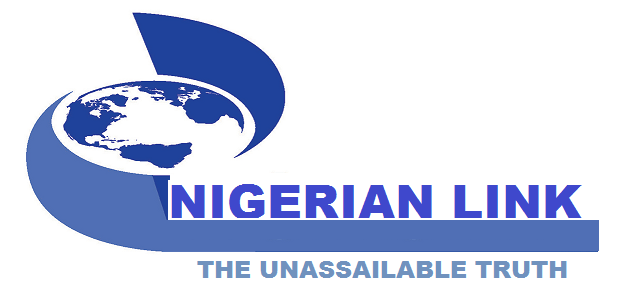

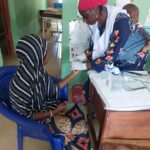



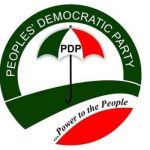
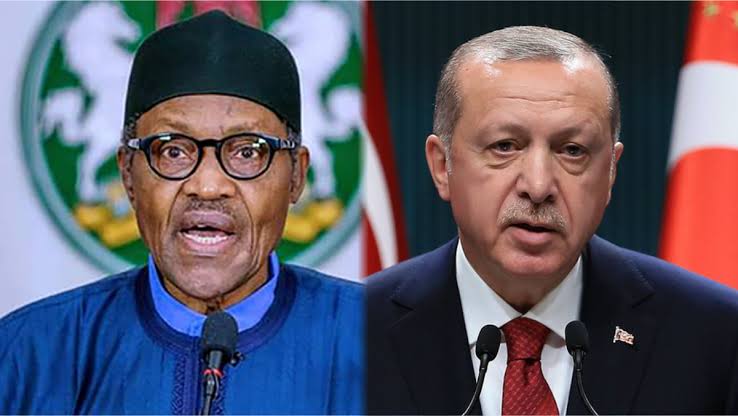
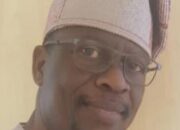
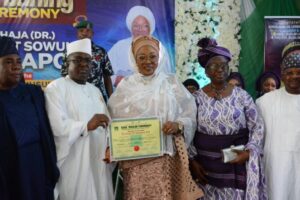
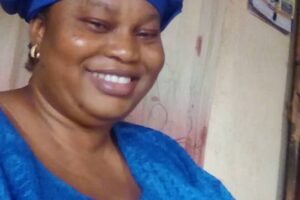
Add Comment